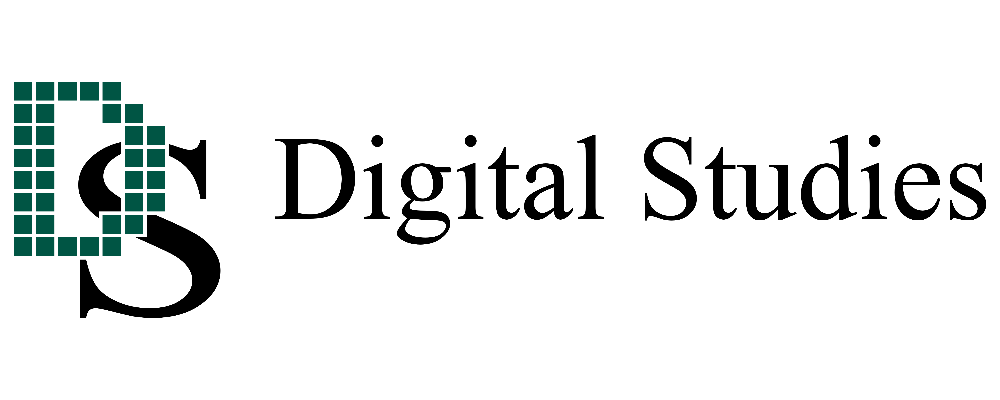Abstract
The hermeneutic future of the web: epistemic and epistemological issues of social networks
Session of September 16, 2014, recorded at the Centre Pompidou (Salle Triangle)
The Digital Studies seminar will take place in Paris from September 2014 to January 2015. Each session invites two members of the Digital Studies network (which has been launched during the ENMI festival 2012) to make an intervention which is subsequently editorialized according to contributory protocols and technologies. If the main topic of the seminar is the digitalization of human activities, it seeks more generally to explore, beyond the strict issue of the digital, the role of technics in epistemic phenomena. After the opening of the seminar on March 25 2014 with David Bates (Berkeley), this second session was dedicated to Yuk Hui and Harry Halpin’s lectures.
Yuk Hui, a researcher at the Center for Digital Cultures, University of Leuphana, did his postdoctorate at IRI, where he worked with Harry Halpin on the “Social web” project. He presented the crucial achievements of this research, which offered a rereading of the psycho-social thought of the early 20th century, especially that of Jacob Levy Moreno, in light of the epistemology of social networks. Yuk Hui set out the issues of Moreno’s sociometry, whose sociograms and maps were intended to make visible and understandable social phenomena, and highlighted the premise of social atomism underlying Moreno’s thought, in order to relate them to social networks like Facebook, which can lead to a desindividuation. Relying more on Gilbert Simondon, Yuk Hui then laid the foundations of the “Social Web” project, which attempts to overcome social atomism in favor of an epistemology of the group, defined as a project-based collectivity.
Harry Halpin, W3C member, currently a visiting scholar at MIT and IRI, also worked with Yuk Hui on the “Social Web” project. His lecture on September the 16th focused on the question of the future web, and especially the issue of the constitution of the web. He first set out a history of the web, “dream of a collective intelligence that turned into a nightmare”, which began with Engelbart and Tim Berners-Lee’s conceptions of an open and contributive web, promoting knowledge sharing, to come to Snowden’s revelations about the NSA and PRISM program. Finally, he presented the project for a web constitution – constitution which should be both a juridical codification of the users’ rights and a material codification –, supported among others by Tim Berners-Lee and Edward Snowden. The next step to this “Magna carta” of the web is a W3C meeting to be held in London on September 29: “The web we want”.
